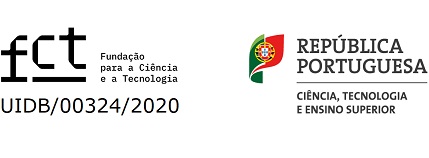| |
|
Description: |
Semiparametric models typically involve a finite-dimensional parameter of interest $\thetab\in\Thetab\subseteq\R^K$, along with an infinite-dimensional nuisance parameter~$f$. Quite often, the submodels corresponding to a fixed value of $\thetab$ possess a group structure that induces a maximal invariant $\sigma$-field $\CB(\thetab)$. This invariant $\sigma$-field is also distribution-free, in the sense that all $\CB(\thetab)$-measurable random variables are distribution-free. In classical examples, where $f$ denotes the density of some i.i.d.\ innovations, $\CB(\thetab)$ is the $\sigma$-field generated by the ranks of the residuals associated with the parameter value $\thetab$. It is shown that, in this general setting, semiparametrically efficient distribution-free inference procedures can be constructed from parametrically optimal ones by conditioning on $\CB(\thetab)$. The results are then specialized to well-known invariance structures such as those associated with signs, ranks, or signed ranks. The same procedures, when combined with a consistent estimation of the underlying nuisance density $f$, yield conditionally distribution-free semiparametrically efficient inference methods, e.g., semiparametrically efficient permutation tests. Remarkably, this is achieved without any explicit tangent space or efficient score computations and without any sample-splitting device. By means of several examples, including both i.i.d. and time-series models, we show how these results apply in models for which rank-based inference or permutation tests seldom have been considered so far.
Area(s):
|
|
Date: |
|
| Start Time: |
14:30 |
|
Speaker: |
Bas Werker (Tilburg University, Netherlands)
|
|
Place: |
Room 5.4
|
| Research Groups: |
-Probability and Statistics
|
|
See more:
|
<Main>
|
|


